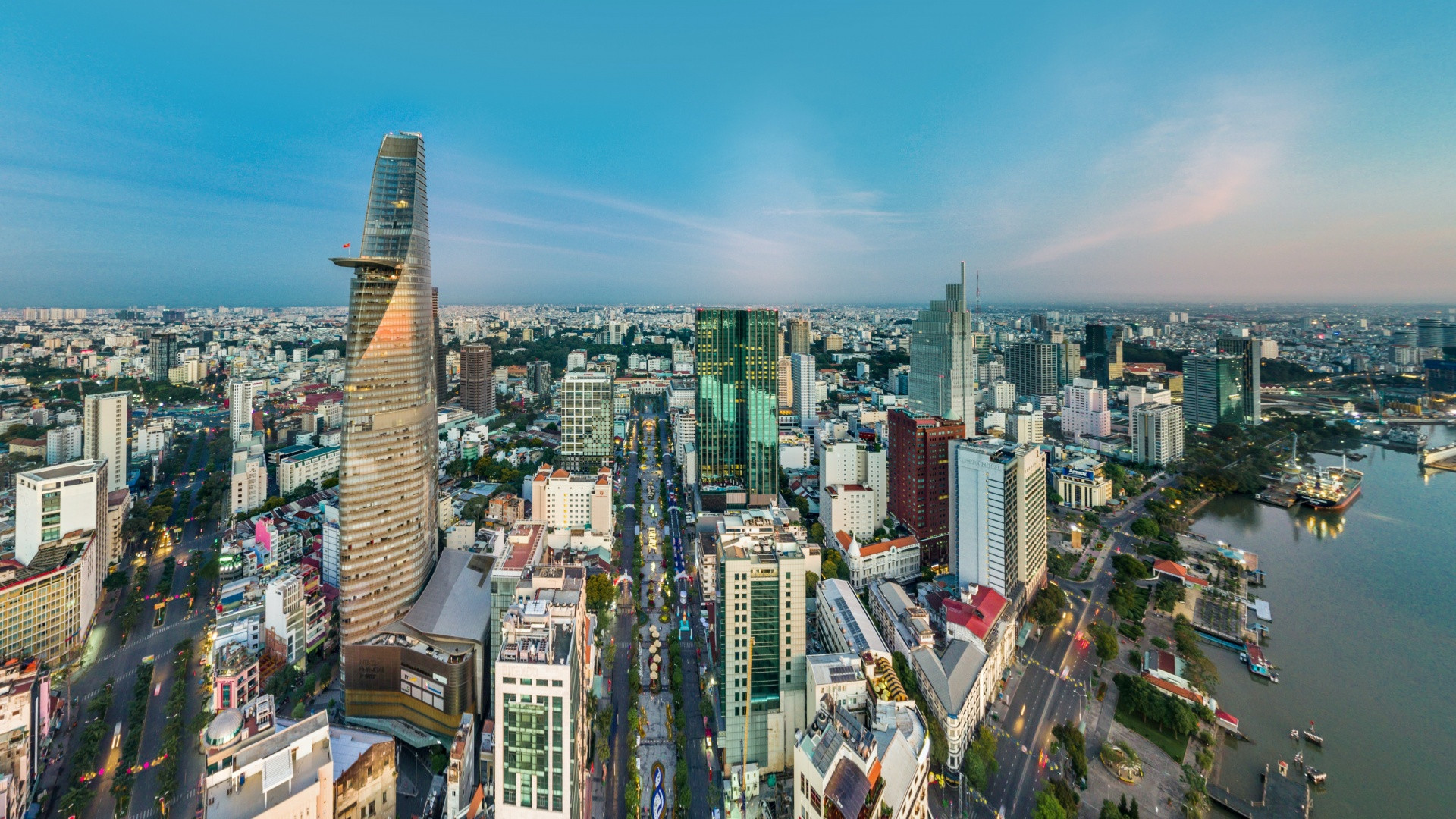
The article outlines that Vietnam is home to a large number of high-quality universities and young, well-trained human resources, noting that the Government has planned to develop the digital economy that will account for 20% and 30% of the country’s Gross Domestic Product (GDP) by 2025 and 2030 respectively.
Apart from mass production of electronic products, the country is also increasingly exporting source code as a means of controlling machinery and equipment. Many international corporations have therefore sought to establish development centres or have cooperated with IT service providers in Vietnam.
A.T. Kearney, a market researcher in the United States, regularly ranks Vietnam among the top five most attractive destinations for IT outsourcing services.
Meanwhile, Bosch is striving to strengthen the digital network of its products with one of Bosch's most important global software development centres operating in Ho Chi Minh City. Indeed, the southern metropolis is now home to more than 3,000 programmers who work for Bosch Global Software Technologies Vietnam (BGSW). The group also recently opened a new software centre in Hanoi.
Gaur Dattatreya, CEO of BGSW, said Vietnam is a suitable location for investment thanks to its large number of young professionals who are well trained from high-quality public and international universities, including the Vietnam - Germany University (VGU).
Amid fierce competition for competent programmers this year, Samsung has completed the construction of a US$220 million R&D centre in Hanoi for artificial intelligence (AI) and big data solutions (Big Data).
Furthermore, French game developer Ubisoft has also opened an office in the coastal city of Da Nang, employing more than 80 game programmers, with the aim of capitalizing on huge business opportunities of this market.
Notably, applications software developers in Vietnam are also rising to the top of the region. According to data compiled by the application data and analytics firm Data.ai, seven out of the 20 most frequently downloaded apps in Southeast Asia come from Vietnam.
Typical applications include the blockchain game "Axie Infinity" by Vietnamese game publisher Sky Mavis which became globally-renowned during the COVID-19 pandemic.
According to a study conducted by Google, Singapore’s Temasek and consulting firm Bain, the Vietnamese internet economy is forecast to witness the strongest growth in Southeast Asia, with annual sales seeing a 10-fold rise from US$21 billion this year to US$220 billion in 2030.
The article emphasises that European customers will become an important pillar for the Vietnamese industry in the time ahead. It notes that many German customers say that they can fulfill orders with Vietnamese partners, with production costs being up to 20% lower compared to competitors, an extremely important factor, especially for projects that require a lot to be spent on programming.
